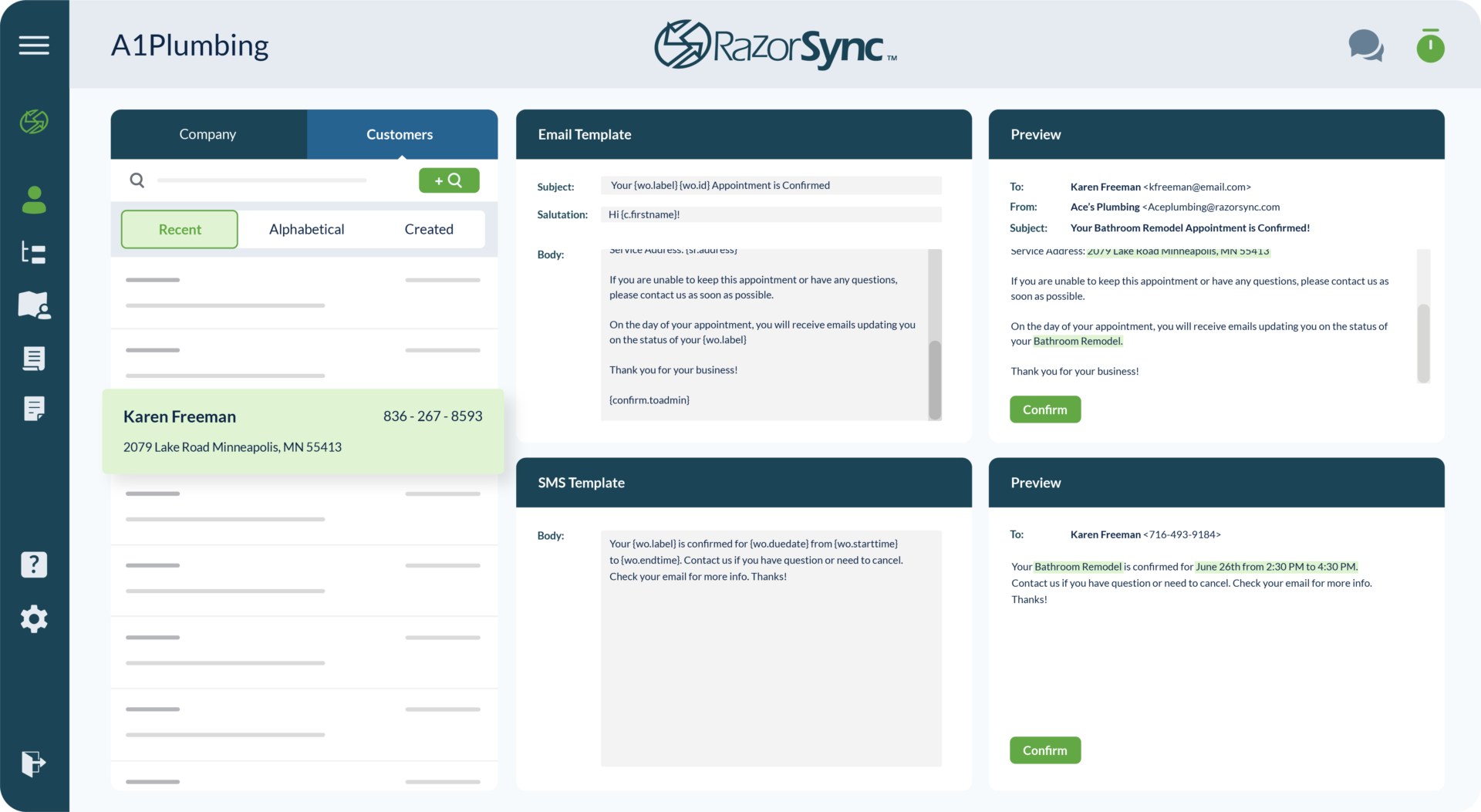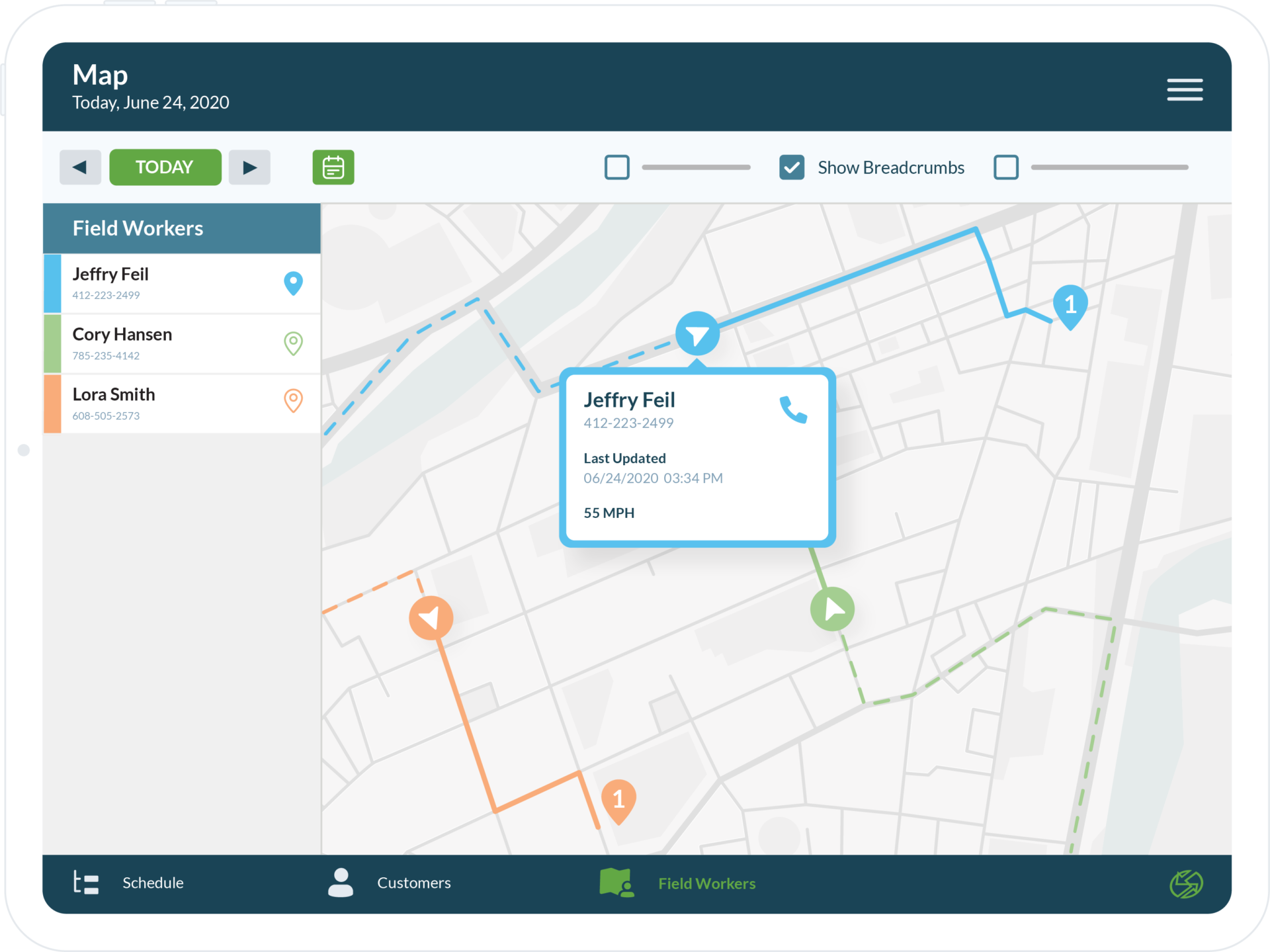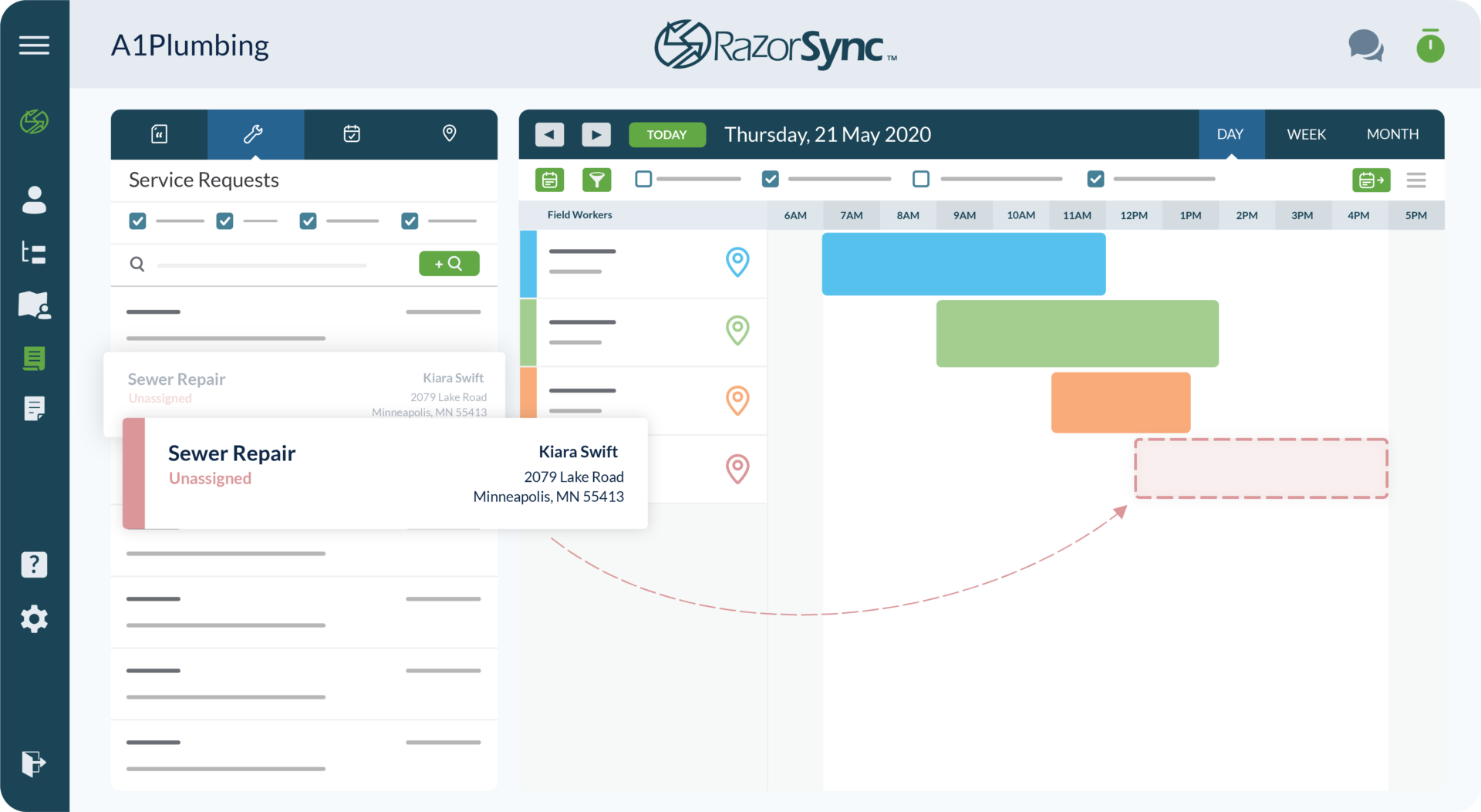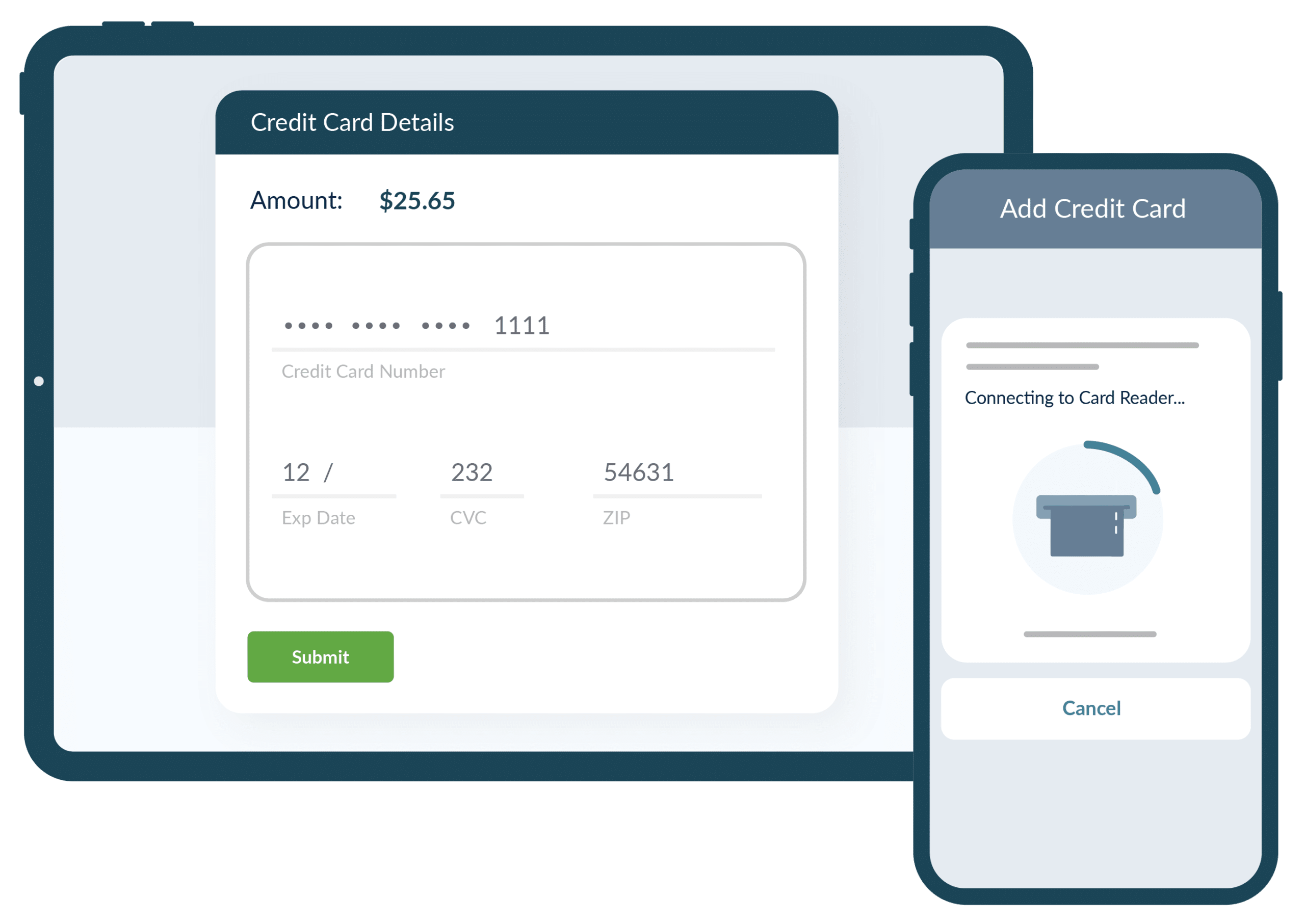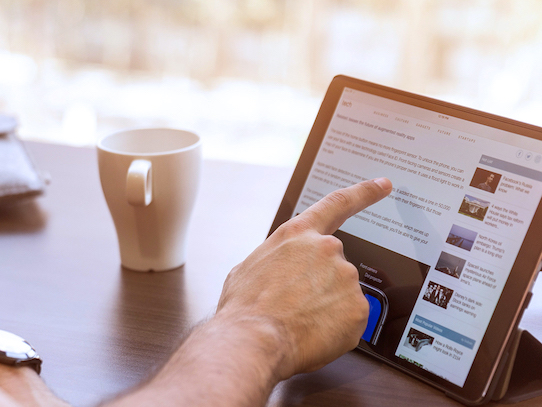Is Your Field Service Too Connected? Taming the Cell Phone Monster
If your service business is going to be competitive, it is essential that your employees stay connected. The service industry, however, is built on people –...
May 06, 2016
# of Minutes to Read
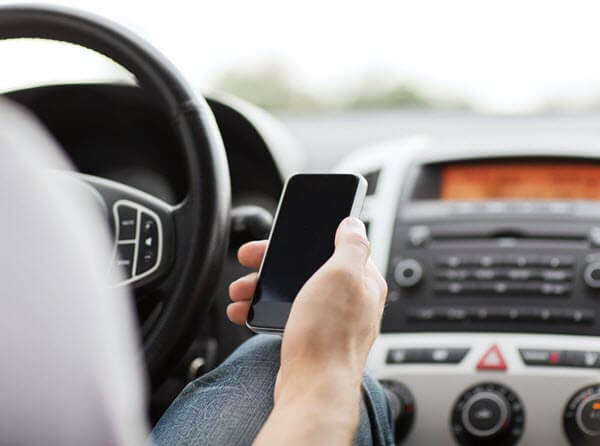
If your service business is going to be competitive, it is essential that your employees stay connected. The service industry, however, is built on people – plumbers, electricians, pool workers, repair techs and the customers they serve. Don’t let mobile phones interfere with the strong customer relations that can set your service company apart. Too much connection can also interfere with employee relations and put your company at risk of serious financial liability.
Do your field workers talk to the office while driving – hands-free or not? Have you seen an employee text (or check Facebook) during a meeting or training? Do you automatically interrupt a face-to-face conversation to answer a call? If you answered yes to any of those questions, you need to develop a strong communication policy, train your employees and enforce it. Here are some elements to include:
The customer comes first – especially when you are in their home or business. Only take a call or text on a job site if it is about that job. If the job is billed by the hour, it is unethical to use the time for anything but that customer’s issue. Even if you are not on the clock, it is simply rude to use the customer’s home as a place of business. Extend this policy to the driveway – if your workers check in with the office between jobs, have them do so before leaving the completed job, or pull over to the curb before arriving at the next job site, so the customer isn’t standing in the doorway waiting. And waiting. And waiting, for the worker to come in.
The person in front of you comes first. Set a clear standard for phone courtesy in your office, and model it yourself. If you have to interrupt a face-to-face conversation to take a call or answer a text, excuse yourself.
Keep personal conversations private. No one needs to hear a co-worker arguing with a contractor, talking to Mom or making a medical appointment. Identify a place employees can move to for private conversations and make it clear they should use it – during breaks and in emergencies.
No calls or texts while driving. Your mobile-and-drive policy should go above and beyond legal requirements. And you and your office can see your units on a map (assuming you have GPS tracking field management software.) Task your office staff, not your drivers, with sending customers ETA updates.
During work hours employees should not take or make calls while driving, whether driving your vehicle or a personal vehicle or using your phone or a personal phone. Office employees and managers should never imply field workers should answer call or texts while driving.
Make your employees understand that, in the event of a crash; their personal cell phone records may be used as evidence in court. Compare company phone logs to driving records for evidence of driving while texting or talking. If an attorney can show that you have not rigorously enforced a no-text policy, you can be held liable for any injuries. Download this NSC Cell Phone Policy Kit to get started.
Worried about losing productivity? Surveys indicate companies that moved to no-phone-while-driving policies suffered little or no loss of productivity and accidents, and insurance rates went down.
In our hyper-connected society, it may be challenging to change behavior. A suggestion – introduce the topic in a face-to-face meeting, rather than texting or emailing a policy to employees. And of course, model the behavior yourself, in every situation.
